The Future of Aging
I am hopeful that basic science will have removed or reduced most degenerative "wear-and-tear" diseases like arthritis so that we can live pain-free. Also, that we will have mastered the non-sedentary lifestyle so we have less "wear and tear" overall.
Carole A. Estabrooks, '87 MN, '97 PhD
Professor, Faculty of Nursing
The Future of Indigenous Peoples
The Cree concept of wahkohtowin - "the governance of good relationships" (Harold Cardinal) - frames my vision of Indigenous peoples with others on these territories in 2115. People will no longer see us through the lens of "Aboriginal problems." Instead, we will all thrive by drawing on concepts embedded in Indigenous ontologies that teach us how to live together on these territories as good human beings.
Shalene Jobin, '01 BCom, '15 PhD
Assistant professor, Faculty of Native Studies
The Future of the Arts
The liberal and fine arts will lead change. An increasingly global world requires understanding and knowledge of different cultures, languages, histories, societies and political systems. Complex problems can only be solved effectively through creativity, imagination and critical thinking that challenges shoddy reasoning, demands the best from elected officials and strives for social justice for all.
Lesley Cormack
Dean, Faculty of Arts
The Future of the Environment
The 2115 environment is vastly different. The extinction of thousands of species results in new ecosystems. Introduced species proliferate. The most adaptable species survive in the new warmer climate. Humans desperately try to save species by moving them to places where they may survive. Evolution is replaced by forces driven by humans. Humans dominate all landscapes. Of course, we could change our current trajectory.
Andrew Derocher, '87 MSc, '91 PhD
Professor of Biology, Faculty of Science
The Future of Technology, a Historical Perspective
Technology started as a tool, which we used to cope with the environment to survive and subsequently improve the overall quality of life. Since then, technology evolved into complex systems most of us can no longer comprehend. With the current rate of technological change, it is easy to predict that 100 years from now we will become "tools of our tools." Technological devices and systems of the future will run and control every aspect of our existence, forcing us to redefine what is life, death, morality, intelligence, gender, personality and, ultimately, what it means to be a human. The real question is: will future generations survive the wonders and horrors of unrestrained technological and scientific progress? Let us hope that they will by learning from the past.
Lech Lebiedowski, '03 BA, '05 MA, '11 PhD
Instructor, History of Technology course at the U of A
The Future of Fashion
Fashion goes in cycles, so in 100 years we'll be back in the 1980s or 1990s again. Fashion comes back, but it isn't quite the same. Lifestyles and cultural groups influence it, and I think clothes in the future will be very much about comfort and materials that are easy to clean.
Vlada Blinova
Human ecology lecturer, and collections manager of the Clothing and Textiles Collection, University of Alberta Museums
The Future of Poverty
Nelson Mandela once said the new apartheid is the widening gap between the rich and the poor. This gap is fuelled by global inequities that, by 2115, will become much more visible if we do not act now to ensure a socially fair society for our children.
Solina Richter
Professor, Faculty of Nursing
The Future of Bilingualism in Canada
Bilingualism in 2115 will no longer exist, as most people will be multilingual. People will speak our two official languages, French and English, as well as at least one other: the language of their cultural heritage. Moreover, the way that technology is evolving, people will have access to devices that will do instant translating for them, much like the apps of today.
Denis Fontaine, '92 BEd, '07 MEd
Assistant dean, Campus Saint-Jean
L'avenir du bilinguisme au Canada
En 2115, le bilinguisme ne sera plus d'actualité parce que la plupart des gens seront multilingues. Les gens parleront en plus de nos deux langues officielles, le français et l'anglais, au moins une autre langue : la langue de leur patrimoine culturel. En outre, avec la manière dont évolue la technologie, les gens auront accès à des dispositifs tout comme les applications d'aujourd'hui qui feront des traductions instantanées.
Denis Fontaine, '92 BEd, '07 MEd
Doyen adjoint, Campus Saint-Jean
Questions That Will Keep Future Ethicists Up at Night
Omar Mouallem spoke to U of A philosopher and ethicist Jennifer Welchman
1. Should we save endangered organisms with genetic engineering? Some of Earth's 21,000 most vulnerable plants and animals could be preserved with hybridization, but changing genomes might tilt ecosystems in unforeseen ways.
2. Who's liable for driverless car crashes? The technology's here, but agreement on who'd foot the bill for accidents - the manufacturers? owners? passengers? - is many years away. Add the possibility of cars occasionally choosing between pedestrians' or passengers' lives and you've got the Cadillac of conundrums.
3. Can you really replace human companionship with artificial systems? Machines perpetually supplant human jobs, but in the costly health-care system, especially elder care, we'll balance cost-effective, efficient and errorless monitoring with purely emotional needs.
4. Who's entitled to use human enhancements? Bionic limbs and artificial transplants improve quality of life for the physically disabled and unwell, but inventors appealing to mass markets could result in a class of superhuman elites.
The Future of Religion
It's 2115. What we thought might be a 30-year war for the soul of Islam has finally faded. Saudi Arabia is settling into its new laicïté social order. Orthodox Muslims recently won a majority in the French national election and promise to meet with the fledgling Catholic minority and grant them rights they have not seen since the French Revolution. Christians, Jews, Hindu, Buddhist, Sikhs and Aboriginal religious leaders are gathering in the historic home of Charles Darwin to hammer out a statement on "What it means to be human" in light of the flourishing production, resulting from the legalization of genetic manipulation of the human genome, of what have come to be called the post-human "supers." The rise of monastic communities across the world has now surpassed the numbers noted by historians of the High Middle Ages. Many wonder why.
David Goa
Director, Chester Ronning Centre for the Study of Religion and Public Life, Augustana Campus
The Future of Our Understanding of the Universe
As broken down by the three fundamental problems in physics:
1. The Dynamical Laws of Nature. How does the universe evolve or change with time? We now have good partial ideas about how the universe evolves, so that question might be mainly solved within 100 years.
2. The Quantum State of the Universe. What is the universe like at any one time? We have very preliminary ideas about this one, so I expect progress by 2115 but perhaps not a full solution.
3. The Rules for Extracting the Probabilities of Observations from the Quantum State. How probable is what we see? This one seems much more difficult - particularly if observations are taken to be sentient experiences - so I suspect it will remain mysterious for many centuries, if not for the entire history of humankind.
Don Page
Distinguished professor of physics, Faculty of Science, and fellow of the Royal Society of Canada
The Future of Post-Secondary
In 2115, post-secondary education will:
Be much more technology-intensive than is the case now. Large lectures in which the professor instructs students will be online. Professorial time will be spent in small groups.
Require every student to have an intensive international experience (more than three months) as a degree requirement. Students will travel the world and be exposed to other languages and cultures. These experiences will be organized by consortia of institutions and involve an internship with business/industry with the active collaboration of business/industry, government and other post-secondary institutions. The entire academy will also be international: every faculty and staff member, and every student.
Define the undergraduate experience so it will require every undergraduate student to publish a piece of original research.
Develop the campus experience so it is central to academic programming since the campus will be the gathering place for faculty, staff and students from all over the world.
Comprise students of all ages with a wide array of previous experiences, including other degrees, college credentials, and credit for experiential learning.
Carl G. Amrhein
Former U of A provost and vice-president (academic)
The Future of Communities
I predict the role of communities will be ever more important. Neither governments nor health-care professionals will meet the growing needs of the vulnerable in an aging society, so communities will be the foundation of caring for individuals and their families, in the belief that the suffering of one is equal to the suffering of all.
Kyle Y. Whitfield
Adjunct assistant professor, School of Public Health: Centre for Health Promotion Studies












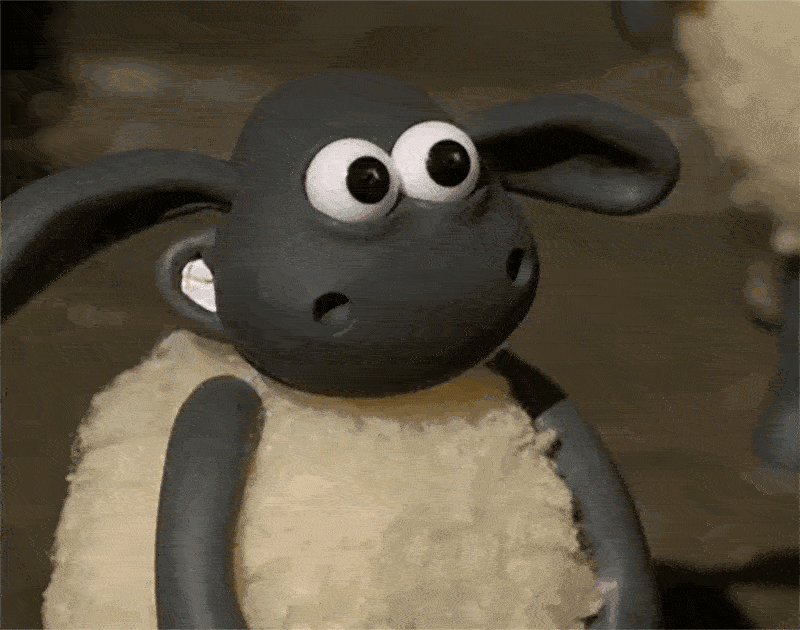
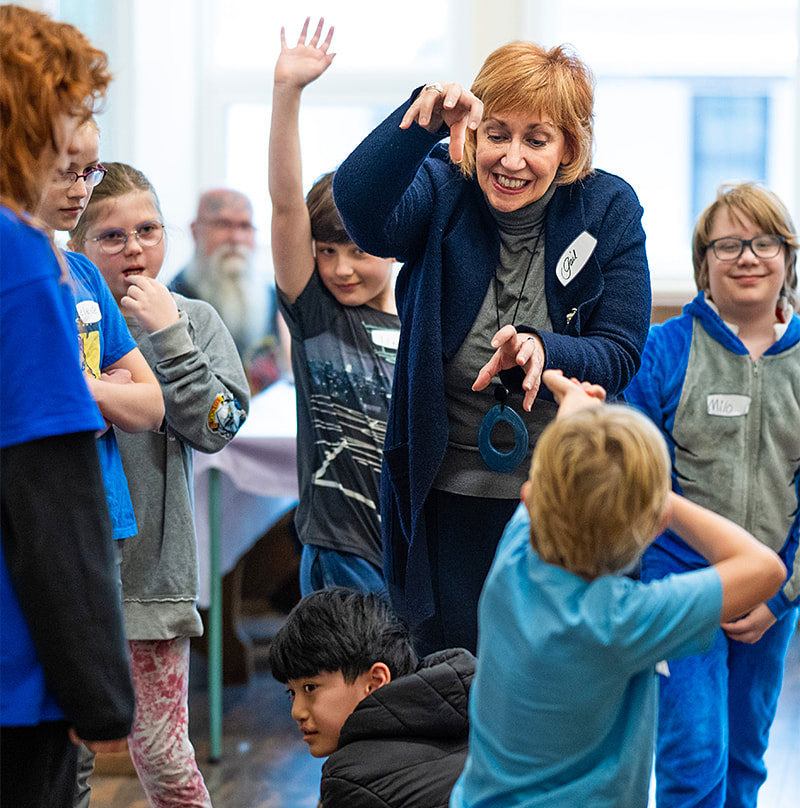
















































































































































































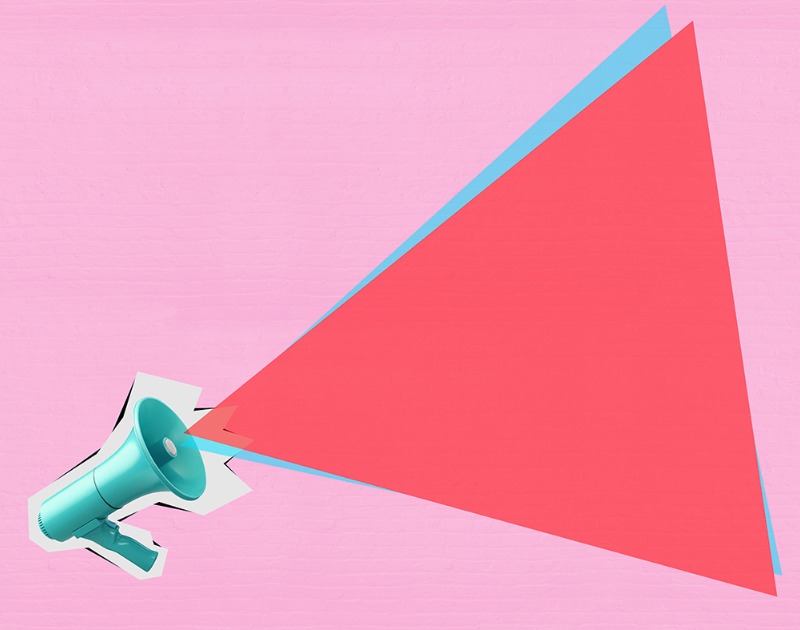





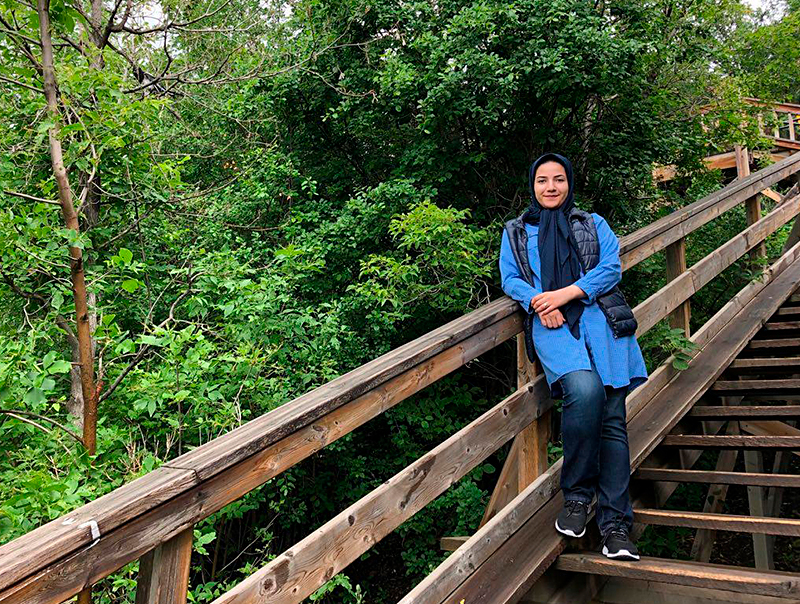




















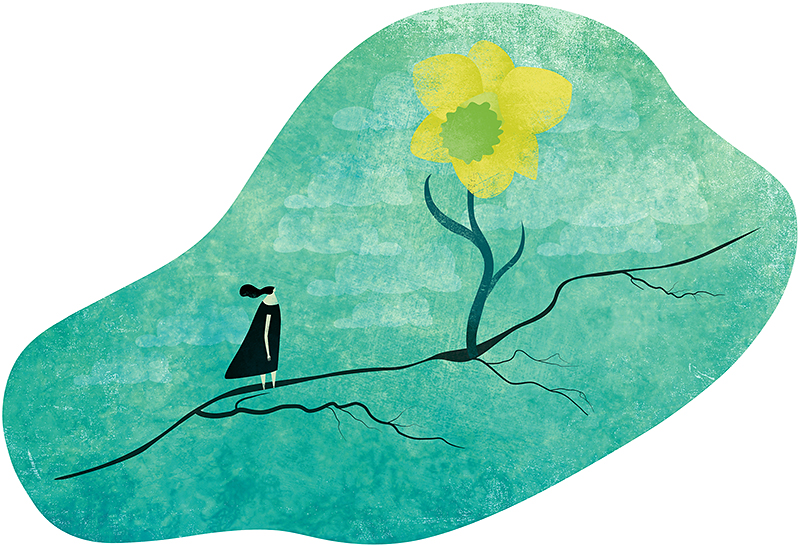






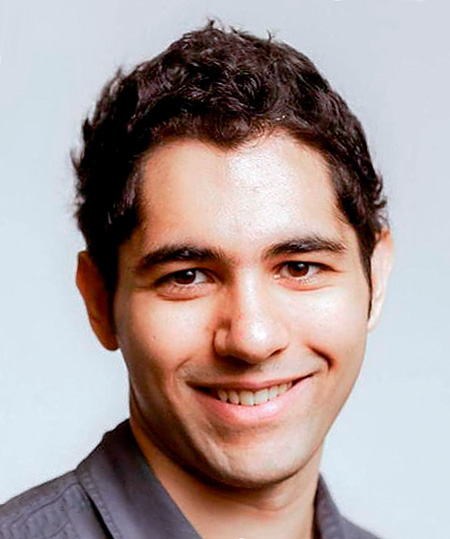














































































































































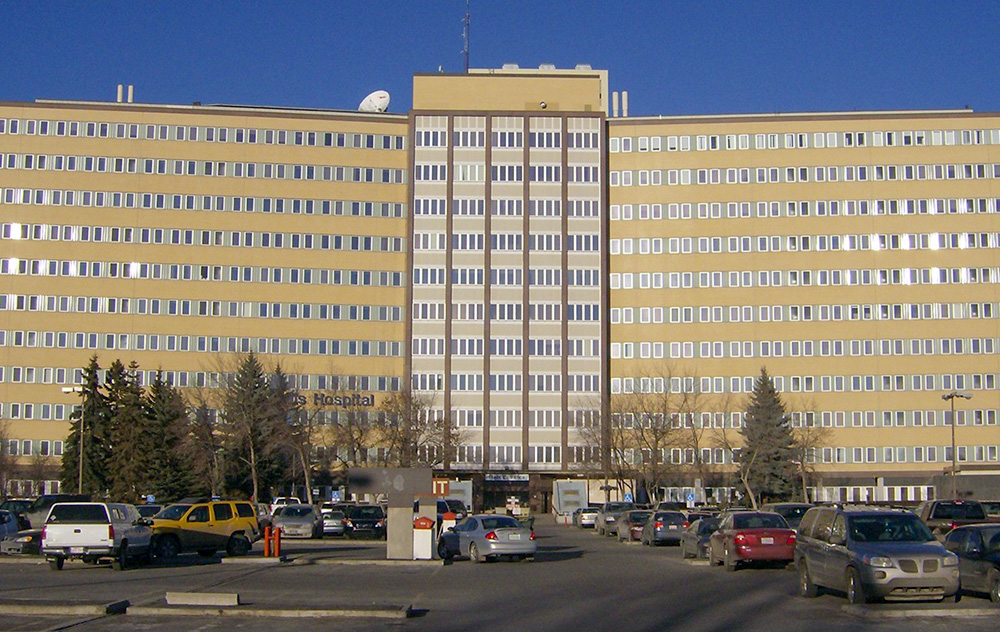





































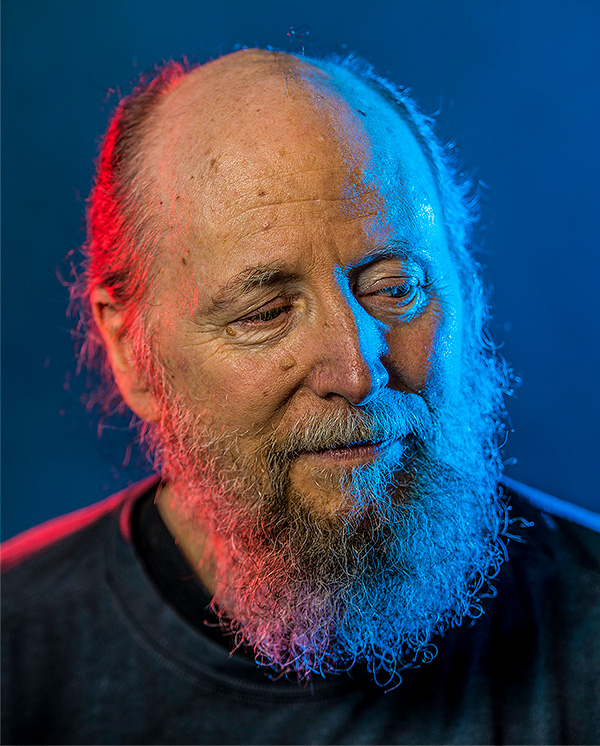












































We at New Trail welcome your comments. Robust debate and criticism are encouraged, provided it is respectful. We reserve the right to reject comments, images or links that attack ethnicity, nationality, religion, gender or sexual orientation; that include offensive language, threats, spam; are fraudulent or defamatory; infringe on copyright or trademarks; and that just generally aren’t very nice. Discussion is monitored and violation of these guidelines will result in comments being disabled.